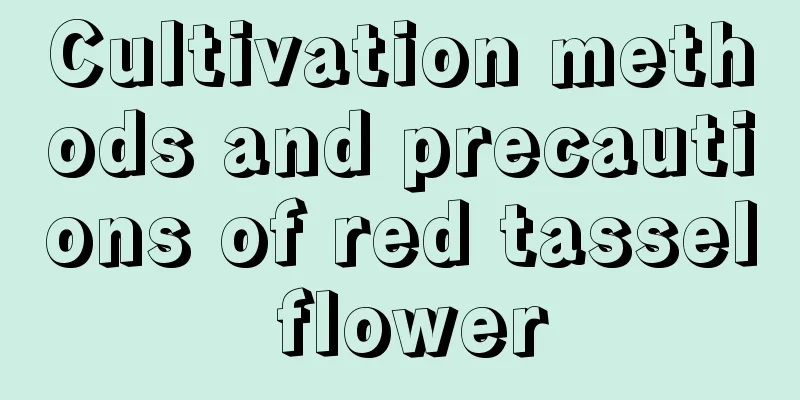How to grow bellflower pot plants

Growth habit:1. Campanula is afraid of both high heat and severe cold and prefers a cool and mild climate. It requires sufficient sunlight but not excessive exposure to the sun, and can tolerate semi-shaded environments. It is very sensitive to temperature. If the temperature is too high, the leaves will turn yellow and wither until they fall off. In serious cases, the entire plant will die. Temperatures that are too low can also cause the entire plant to wither and die. 2. Campanula is afraid of waterlogging and does not like too much water. It likes dry conditions and can tolerate drought. If there is too much water, the roots will rot and the leaves will turn yellow and wither. Therefore, when choosing a planting environment or soil, you must select an environment with good air permeability and drainage. The requirements for the soil are not very high, the most important requirement is good air permeability. About the reproduction of bluebells:Its main method of reproduction is sowing flower seeds, and it is best to plant it in the second half of each year. The requirements for soil have been mentioned above, and soil with good air permeability is the most suitable. Management considerations during the seedling stage:1. In the early stage of cultivating seedlings, a relatively dry environment is required. After the seedlings emerge, the soil should be kept moist but do not water it thoroughly at once. Wait until the soil is completely dry before watering. 2. There are not too many requirements for fertilizer, as long as it can ensure its growth needs. 3. Neither sunlight nor humidity should be too high, just moderate. 4. Pay attention to management after transplanting it into the flowerpot. If you don’t want it to grow too tall and be difficult to manage in the future, you should tip it when it grows to 7-8 cm. This can not only control its height but also allow it to grow new branches and increase the number of flowers. 5. When watering, follow the principle of not watering at all and watering thoroughly when watering. However, it should be used flexibly according to weather conditions. In the summer when the evaporation of high heat water is large, watering should be done frequently, and when the evaporation is small, the amount of watering should be reduced. Pest and disease control:1. The most common diseases of bellflower are rust, powdery mildew and leaf spot. These diseases are harmful to the leaves of campanula. They must be discovered and treated early, otherwise they will affect the growth of the entire plant. 2. The main insect diseases are aphids and red spiders, which mainly suck the nutrient solution on the leaves and plants, causing the plants to wither and die. |
<<: How to water forget-me-not
>>: How to propagate Ice Lantern Jade Dew
Recommend
The efficacy and function of Pittosporum tobira
1. Medicinal value of the root The root of Pittos...
Can I grow bamboo at home?
Can I grow bamboo at home? Bamboo can generally b...
Time and method of planting loofah
Sponge gourd planting time Luffa can be planted a...
Rose growth environment conditions and characteristics
Rose growth environment conditions and requiremen...
What to do if the leaves of golden pothos turn yellow
1. Supplementary lighting Reason: Although Golden...
The cultivation methods and precautions of the lucky tree
The lucky tree is a common large potted ornamenta...
How to plant multi-flowered wild peony seeds
Soil selection Multi-flowered wild peony is accus...
Potato growth environment conditions and characteristics
Potato growth environment conditions and requirem...
Cultivation methods and precautions of sundew
How to grow sundew soil Sundew has low requiremen...
How to grow Dieffenbachia in winter
1. Move indoors When winter comes, you should mov...
Spring and Autumn Maintenance of the City That Never Sleeps
Spring and Autumn Maintenance of the City That Ne...
How to care for Strelitzia reginae in winter
1. Adequate sunlight It does not require much lig...
How to grow coral so that it will bloom out of the pot?
The stems of the coral reef overlap with each oth...
How to remedy cactus root rot?
Cacti are famous for being hardy and easy to grow...
The cultivation methods and precautions of Lai grapes
1. Maintenance methods 1. Temperature: When Lai g...









